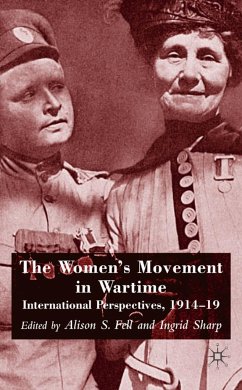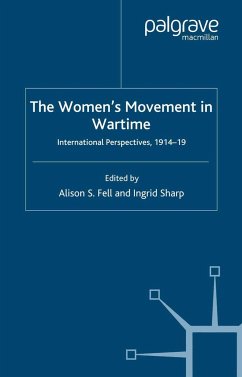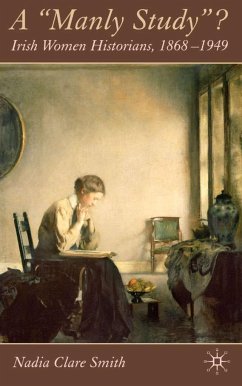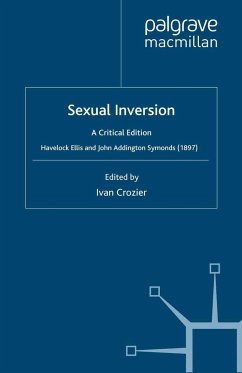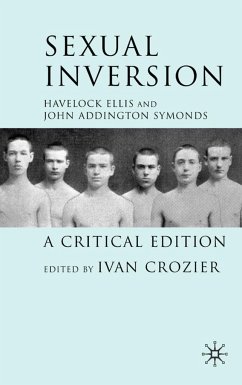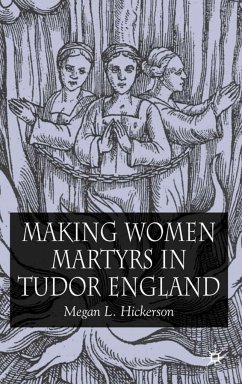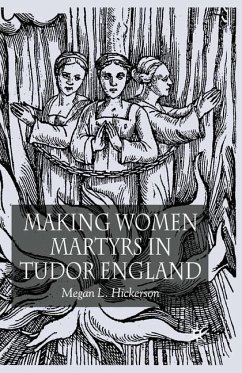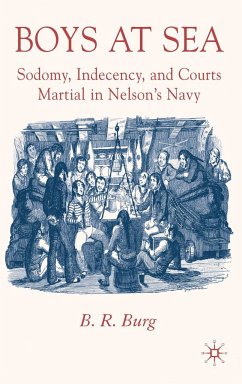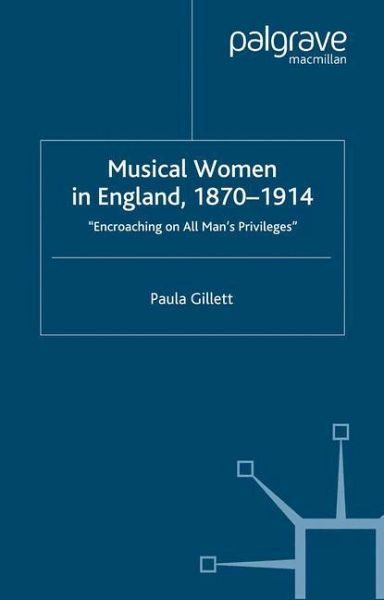
Musical Women in England, 1870-1914
Encroaching on All Man's Privileges
Versandkostenfrei!
Versandfertig in 6-10 Tagen
83,99 €
inkl. MwSt.

PAYBACK Punkte
42 °P sammeln!
Musical Women in England, 1870-1914 delineates the roles women played in the flourishing music world of late-Victorian and early twentieth-century England, and shows how contemporary challenges to restrictive gender roles inspired women to move into new areas of musical expression, both in composition and performance. The most famous women musicians were the internationally renowned stars of opera; greatly admired despite their violations of the prescribed Victorian linkage of female music-making with domesticity, the divas were often compared to the sirens of antiquity, their irresistible voi...
Musical Women in England, 1870-1914 delineates the roles women played in the flourishing music world of late-Victorian and early twentieth-century England, and shows how contemporary challenges to restrictive gender roles inspired women to move into new areas of musical expression, both in composition and performance. The most famous women musicians were the internationally renowned stars of opera; greatly admired despite their violations of the prescribed Victorian linkage of female music-making with domesticity, the divas were often compared to the sirens of antiquity, their irresistible voices a source of moral danger to their male admirers. Their ambiguous social reception notwithstanding, the extraordinary ability and striking self-confidence of these women - and of pioneering female soloists on the violin, long an instrument permitted only to men - inspired fiction writers to feature musician heroines and motivated unprecedented numbers of girls and women to pursue advancedmusical study. Finding professional orchestras almost fully closed to them, many female graduates of English conservatories performed in small ensembles and in all-female and amateur orchestras, and sought to earn their living in the overcrowed world of music teaching.







